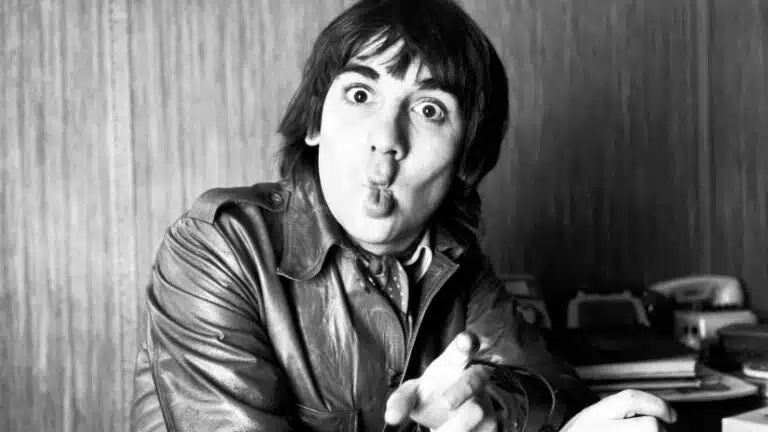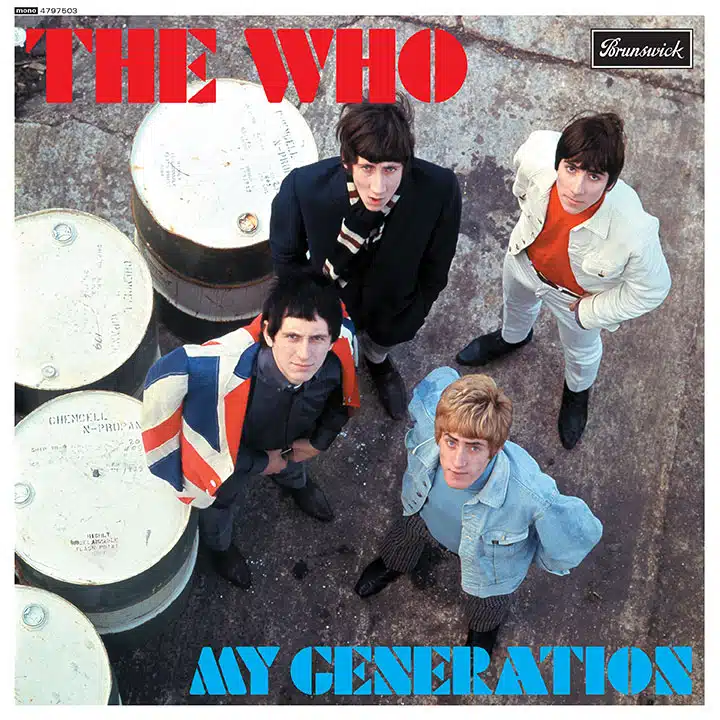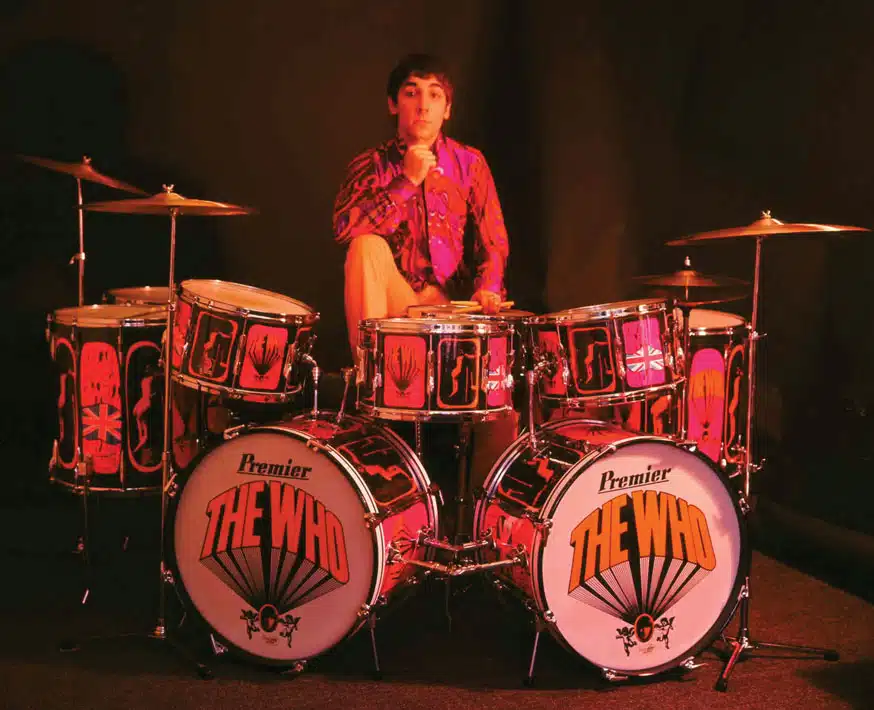Keith Moon | Clomethiazole (Heminevrin) Overdose Death
- How Did Keith Moon Die?
- About Keith Moon
- The Who
- History Of Substance Abuse
- Did Keith Moon Go To Rehab?
- Recovery Is Possible

English rockstar and drummer Keith Moon was a member of the classic rock band, The Who. He was known for his distinctive drumming style, reckless behavior, and alcohol abuse.
Unfortunately, Moon’s career ended too soon with his untimely drug overdose death at the age of 32.
How Did Keith Moon Die?
Keith Moon died on September 7, 1978 in Mayfair, London, England in his flat on Curzon Place. He was renting it from his friend Harry Nilsson.
When Moon was found by his partner, she called the police and he was taken to Central Middlesex Hospital where he was pronounced dead.
His cause of death was an accidental overdose of the prescription drug Heminevrin (clomethiazole). It was a drug he was prescribed to combat alcohol use disorder and alleviate the symptoms of alcohol withdrawal.
During the post-mortem, the coroner found 32 of the pills in his system.
Guitarist Pete Townshend found out about Moon’s death first from The Who’s co-manager at the time, Jackie Curbishley, and then called lead singer Roger Daltrey and bassist John Entwistle.
About Keith Moon
Keith John Moon was born on August 23, 1946 in Wembley, London to Alfred and Kathleen Moon.
The Who
Moon joined The Who in 1964. The Who are most well-known for the albums My Generation and Tommy, as well as songs like:
- “Happy Jack”
- “I Can See For Miles”
- “Behind Blue Eyes”
- “Bargain”
- “Won’t Get Fooled Again”


Moon is also known for having one of the biggest drum kits in rock and roll. It included 10 tom-toms, twin bass drums, twin timpani, a snare, six cymbals, and a gong. Unfortunately, he often loved to destroy his equipment at the end of a concert, especially in the early days.

Behavior & Solo Career
Moon was also notorious for trashing hotel rooms and flushing cherry bombs down toilets. After driving a car into a swimming pool, he was banned from a few hotels. Because of this erratic behavior, he gained the nickname “Moon the Loon.”
When The Who slowed down their touring schedule, Moon moved to California and starred in a few movies including That’ll Be The Day and Stardust.
He also made a solo album, Two Sides of the Moon, before moving back to the UK in 1977. It was then that he recorded his last album with The Who, Who Are You.
On his last day alive, he and his partner Annette Walter-Lax dined with Paul McCartney in Covent Garden and saw the film, The Buddy Holly Story.
Legacy After Death
Moon would go on to be posthumously inducted into the Rock and Roll Hall of Fame in 1990. In 1988, Moon’s biographer Tony Fletcher put out a book, Dear Boy: The Life of Keith Moon.
In 2016, another book, There Is No Substitute: A Tribute To Keith Moon, was released with an introduction written by The Who’s guitarist and Moon’s bandmate Pete Townshend.
Keith Moon’s History Of Substance Abuse
Keith Moon’s history of substance abuse spans most of his career in The Who. During the early days, he used amphetamines and alcohol which would ultimately lead to drug and alcohol addiction later in his life.
Between 1971, when the band finished The Who’s Next tour, and 1974, when Moon shot Stardust, he graduated from social drinker to full-blown alcoholic.
In 1973, during the Quadrophenia tour, Moon was taking tranquilizers and alcohol. This led to him passing out on the drums twice during a concert. After the second time, the band ended up getting an audience member to play the drums for them.
Moon continued using drugs and alcohol for most of his life.
Did Keith Moon Attend Addiction Treatment?
Keith Moon checked into rehab in 1972 for a short period of time. He also likely sought treatment for alcohol addiction as he was prescribed Heminevrin to address alcohol withdrawal.
Although Moon attended rehab, he relapsed and continued using drugs and alcohol after 1972. The tragic irony is that he ended up overdosing on the medication that was supposed to help his alcohol cravings.
Recovery Is Possible
Keith Moon sought help for alcohol use disorder but still succumbed to the fast and hard lifestyle of a rock n’ roll star. However, recovery is possible when you lean into the treatment protocols that work for alcohol addiction, including medication, behavioral therapy, and peer support.
To learn how we address alcohol use disorder and other substance abuse issues for yourself or a loved one, please contact us today.
Written by Ark Behavioral Health Editorial Team
©2024 Ark National Holdings, LLC. | All Rights Reserved.
This page does not provide medical advice.
Louder Sound - What really happened the night Keith Moon died?
NME - The Who’s Pete Townshend says he “tried everything” to keep Keith Moon alive
This Day In Music - Keith Moon
The Who - Keith Moon

Questions About Treatment?
Ark Behavioral Health offers 100% confidential substance abuse assessment and treatment placement tailored to your individual needs. Achieve long-term recovery.
100% confidential. We respect your privacy.
Prefer Texting?
Our friendly support team is here to chat 24/7. Opt out any time.







 Learn More
Learn More








